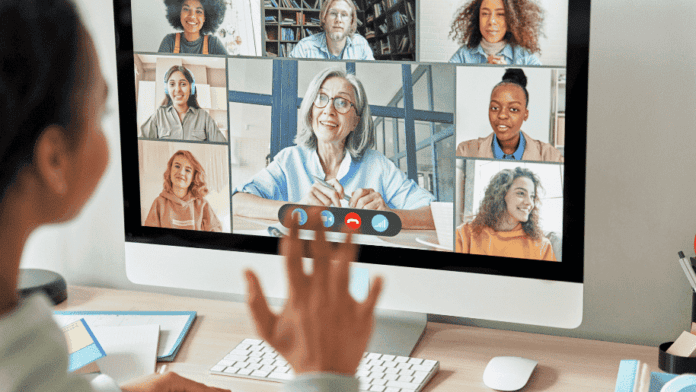The future of education is undergoing a revolution with the emergence of personalized learning. Personalized learning is an approach to education that tailors instruction and curriculum to the individual needs, interests, and abilities of each student. Instead of following a one-size-fits-all approach, personalized learning takes into account the unique characteristics and learning styles of each student.
Traditional education has often been criticized for its standardized approach. Students are expected to learn at the same pace and in the same way, regardless of their individual strengths or weaknesses. This can lead to disengagement, frustration, and a lack of motivation among students who struggle to keep up or feel unchallenged.
Personalized learning seeks to address these issues by focusing on the specific needs and interests of each student. By using technology tools such as adaptive software programs, online resources, and data analytics, educators can create customized learning experiences that cater to individual students’ needs.
One key aspect of personalized learning is allowing students to have more control over their own education. Instead of being passive recipients of information in a traditional classroom setting, students are encouraged to take ownership over their own learning journey. They have the flexibility to choose what they want to learn, how they want to learn it, and at what pace they want to progress.
In a personalized learning environment, teachers become facilitators rather than lecturers. They guide students through their individualized paths by providing support when needed and helping them set goals based on their strengths and passions.
Technology plays a crucial role in enabling personalized learning. Adaptive software programs use algorithms that track students’ progress in real-time and adjust instruction accordingly. These programs provide immediate feedback on performance levels while also offering additional resources or challenges based on individual needs.
Online resources also play an important role in personalized learning as they provide access to vast amounts of information beyond traditional textbooks or classroom materials. Students can explore topics that interest them beyond what is covered in class while also accessing different perspectives and resources from around the world.
Data analytics is another powerful tool in personalized learning. By collecting and analyzing data on students’ performance, educators can gain insights into their strengths, weaknesses, and areas for improvement. This data-driven approach allows teachers to tailor instruction to address specific needs or gaps in knowledge.
The benefits of personalized learning are numerous. Firstly, it increases student engagement by making education more relevant and meaningful to individual students. When students have a say in what they learn, they are more likely to be motivated and enthusiastic about the subject matter.
Secondly, personalized learning allows for differentiation among students with varying abilities or backgrounds. Students who are struggling can receive additional support or remediation tailored to their specific needs, while advanced learners can be challenged with more complex material or projects.
Furthermore, personalized learning fosters critical thinking skills and creativity as students are encouraged to think independently and pursue their own interests. It also promotes collaboration skills as students work together on projects that align with their passions or goals.
While there are many benefits to personalized learning, there are also challenges that need to be addressed for its successful implementation. One challenge is the availability of technology resources in all schools or districts. Not all schools have access to the necessary technology infrastructure or devices needed for the effective implementation of personalized learning.
Another challenge relates to teacher training and professional development. Educators need support in understanding how to best implement personalized learning strategies while also ensuring equitable opportunities for all students.
Additionally, concerns have been raised regarding privacy issues related to the collection of student data through technology tools used in personalized learning environments. Safeguards must be put in place to protect student privacy while still reaping the benefits of data-driven instruction.
In conclusion, the future of education lies in the revolution of personalized learning. This approach shifts away from a one-size-fits-all model towards an individualized approach that takes into account each student’s unique needs and interests.
Technology plays a crucial role in enabling personalized learning by providing adaptive software programs, online resources, and data analytics. The benefits of personalized learning include increased student engagement, differentiation for students with varying abilities, and the development of critical thinking and collaboration skills.
Related Article: The Future of Education: Transforming Traditional Learning for the 21st Century
However, challenges such as access to technology resources, teacher training, and student privacy must be addressed for successful implementation. As we move forward into the future of education, it is clear that personalized learning has the potential to transform education by empowering students to take ownership over their own learning journey.

